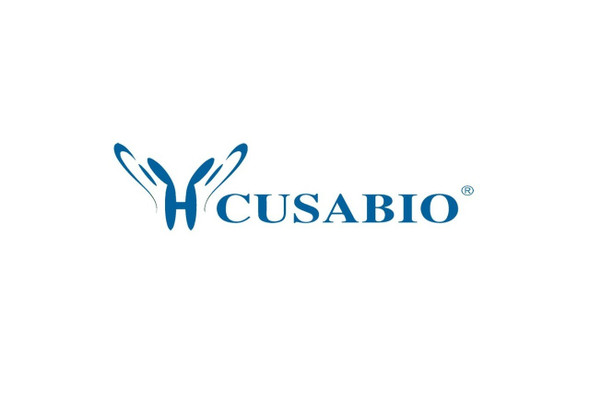Cusabio Polyclonal Antibodies
Phospho-CDKN1A (Thr145) Antibody | CSB-PA074462
- SKU:
- CSB-PA074462
- Availability:
- 3 to 7 Working Days
- Size:
- 100ul
Description
Phospho-CDKN1A (Thr145) Antibody | CSB-PA074462 | Cusabio
Phospho-CDKN1A (Thr145) Antibody is Available at Gentaur Genprice with the fastest delivery.
Online Order Payment is possible or send quotation to info@gentaur.com.
Product Type: Polyclonal Antibody
Target Names: CDKN1A
Aliases: CAP20; CDK-interacting protein 1; CDKN1; CDKN1A; CDN1A
Background: May be the important intermediate by which p53 mediates its role as an inhibitor of cellular proliferation in response to DNA damage. Binds to and inhibits cyclin-dependent kinase activity, preventing phosphorylation of critical cyclin-dependent kinase substrates and blocking cell cycle progression.
Ocker M Int, et al. (2007) J Biochem Cell Biol. 39 (7-8) :1367-74.
Dangi S, et al. (2006) Cell Prolif. 39 (4) :261-79.
Chen J, et al. (2006) Am J Physiol Heart Circ Physiol. 290 (4) :H1575-86
Isotype: IgG
Conjugate: Non-conjugated
Clonality: Polyclonal
Uniport ID: P38936
Host Species: Rabbit
Species Reactivity: Human
Immunogen: Peptide sequence around phosphorylation site of threonine 145 (R-Q-T (p) -S-M) derived from Human p21Cip1.
Immunogen Species: Human
Applications: ELISA, IHC
Tested Applications: ELISA, IHC;IHC:1:50-1:100
Purification Method: Antibodies were produced by immunizing rabbits with synthetic phosphopeptide and KLH conjugates. Antibodies were purified by affinity-chromatography using epitope-specific phosphopeptide. Non-phospho specific antibodies were removed by chromatogramphy using non-phosphopeptide.
Dilution Ratio1: ELISA:1:2000-1:10000
Dilution Ratio2: IHC:1:50-1:100
Dilution Ratio3:
Dilution Ratio4:
Dilution Ratio5:
Dilution Ratio6:
Buffer: Supplied at 1.0mg/mL in phosphate buffered saline (without Mg2+ and Ca2+), pH 7.4, 150mM NaCl, 0.02% sodium azide and 50% glycerol.
Form: liquid
Storage: Upon receipt, store at -20°C or -80°C. Avoid repeated freeze.
Initial Research Areas: Cell Biology
Research Areas: Epigenetics & Nuclear Signaling;Cancer;Cell biology






